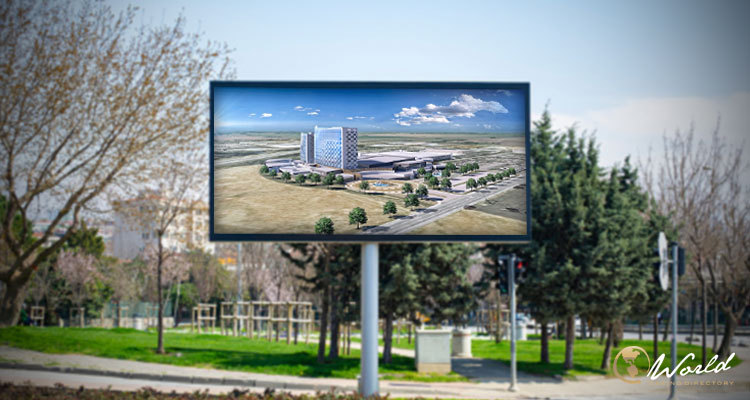The Confederated Tribes of the Siletz Indians have big plans for its Salem casino – but Governor Tina Kotek doesn’t agree with the tribes.
Against the expansion of the gaming industry:
The new tribal casino was supposed to be built in northeast Salem, but Kotek isn’t a fan of such an expansion of the gaming industry. However, the tribes don’t give up on their plan.
Despite the letter that Oregon’s nine received on April 13, Kotek remains against the project. She will try to remain in the status quo, similar to former governors, who supported tribal gaming, but had some borders they didn’t want to cross. Previously, each tribe had a right to build one casino on their land, and Kotek wanted to keep it that way.
The Bureau of Indian Affairs is still to approve the project. However, in order to actually build the casino, both federal and state blessing is required.
Kotek said: “I wanted to provide this clarification of my Tribal gaming policy so that Tribes, the federal government, and local entities know where I stand. This helps all of us avoid confusion, use of resources, and advocacy for and against changing my stance in favor of one gaming facility per tribe on reservation land.”
Great plans for the new casino:
The tribe wanted to build an off-reservation casino that would be situated on 20 acres of land. The casino itself would be placed on 180,800 square feet, and it would contain about 2,000 gaming devices and 45 tables for hosting various table games. The property would also include a hotel of 500 rooms, as well as a nightclub and sports bar.
The tribe doesn’t want to give up, and their plans remain on board. Delores Pigsley, a Tribal Chairman, claims that the tribe proceeds with the project. She said that the governor wasn’t able to disapprove the plans until the bureau made its decision. The tribe made a deal with the state to be able to negotiate the terms of using the Salem land for its casinos.
One quarter of the profit of the tribal casino would be given to the tribe and one quarter to the government. Half of the whole profit would be used to fund the remaining eight tribes in Oregon. The estimated profit from the casino is $185 million during the first year, and after that, $231 million will be earned by the third anniversary. The tribe also claims the casino would provide 1.200 people with jobs.
Salem’s city officials aren’t officially against the casino project. However, they think that it would cause some issues for the city, such as hiring new police officers to take care of the casino. Also, the city’s restaurant and hotel businesses would have been negatively affected by the new casino. The Confederate Tribes of the Grand Ronde are also against the casino since it would be a competitor to the already existing Spirit Mountain Casino in the area.



